
The Luxury E-Commerce Wars Heat Up
On one side: Amazon. On the other: a new alliance of brands and platforms. Who will win?
Recommendation
Amazon might be the “everything store,” but if you sell high-end luxury goods, Amazon may not offer the branding you want. After trying to develop a myriad of unsuccessful individual platforms, a group of luxury goods companies are partnering with Alibaba by investing in Farfetch, a leader in online sales of luxury goods. They hope their investment will further support a viable competitor to Amazon, which is creating its own “luxury stores” app. The venture partners hope to capture part of the lucrative Chinese luxury market, which will be worth $178 billion by 2025.
Summary
About the Authors
Elizabeth Paton covers European fashion and the luxury market for The New York Times, where Vanessa Friedman is fashion director and chief fashion critic.









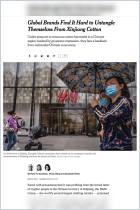
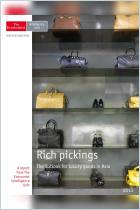
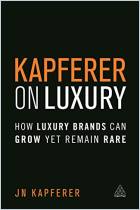

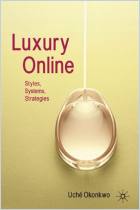
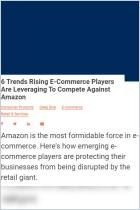



Comment on this summary or Diskussion beginnen